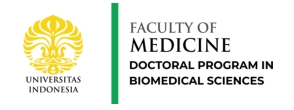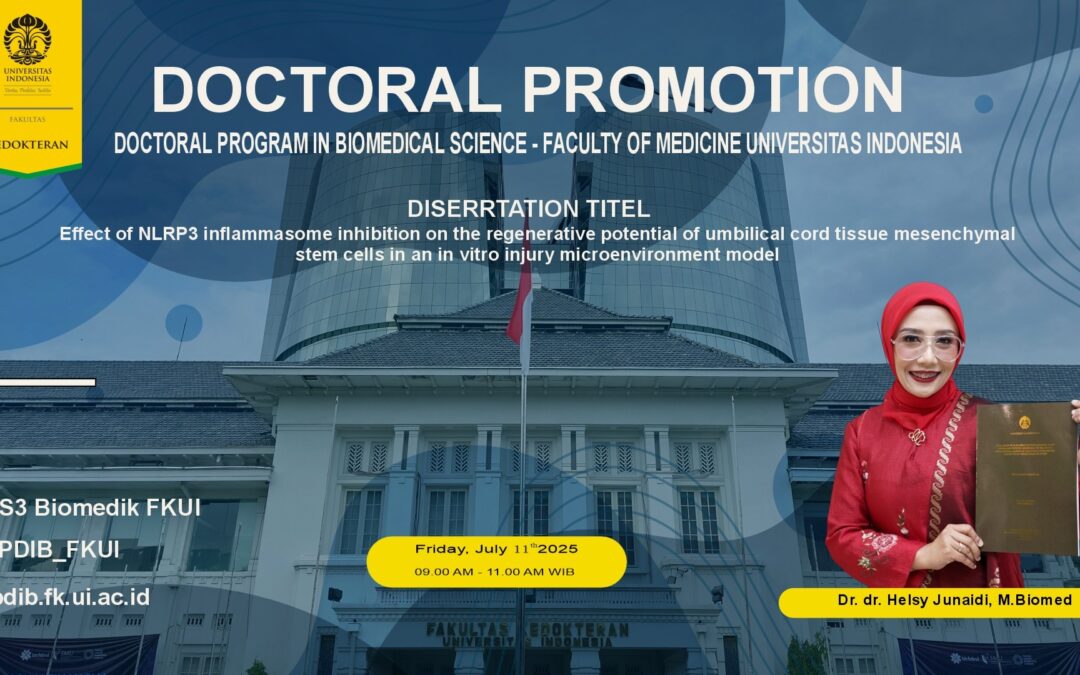Our in vitro microenvironmental injury model, induced by a combination of H202 and LPS, aims to comprehensively describe the physiological conditions in umbilical cord mesenchymal stem cell (SPM-TP) cultures experiencing oxidative stress and inflammation. Injury microenvironments characterized by oxidative stress and inflammation can be found in various pathological conditions, such as injury/wounds, sepsis, stroke, and arthritis. These environmental conditions activate a series of signaling pathways that activate the NLRP3 inflammasome, which can increase the pro-inflammatory environment.
This can reduce the potential of transplanted stem cells, resulting in reduced cell viability, migration, and differentiation. The results of this study demonstrate the potential of administering SPM-TP with MCC950, an NLRP3 activation inhibitor, to suppress inflammasome activation and inflammatory cytokine production to improve the pro-inflammatory microenvironment, thereby increasing the viability and functional stability of SPM-TP post-transplantation.
The main novelty of this study is the successful establishment of an in vitro injury microenvironment model that can induce NLRP3 inflammasome expression in SPM-TP. This finding is significant because it demonstrates that SPM, despite its immunomodulatory properties, can still express the NLRP3 inflammasome when exposed to danger signals such as PAMPs and DAMPs. This reinforces the understanding that the therapeutic function of stem cells is strongly influenced by microenvironmental conditions, and that controlling inflammation and oxidative stress is a key aspect of the success of stem cell-based therapies.
Thus, this study demonstrates that the developed in vitro injury microenvironment model is capable of inducing NLRP3 inflammasome expression in SPM-TP, and that activation of this inflammasome directly reduces the regenerative capacity of stem cells. Intervention with MCC950 not only demonstrates the involvement of the inflammasome pathway but also opens up therapeutic opportunities through specific molecular inhibition.

